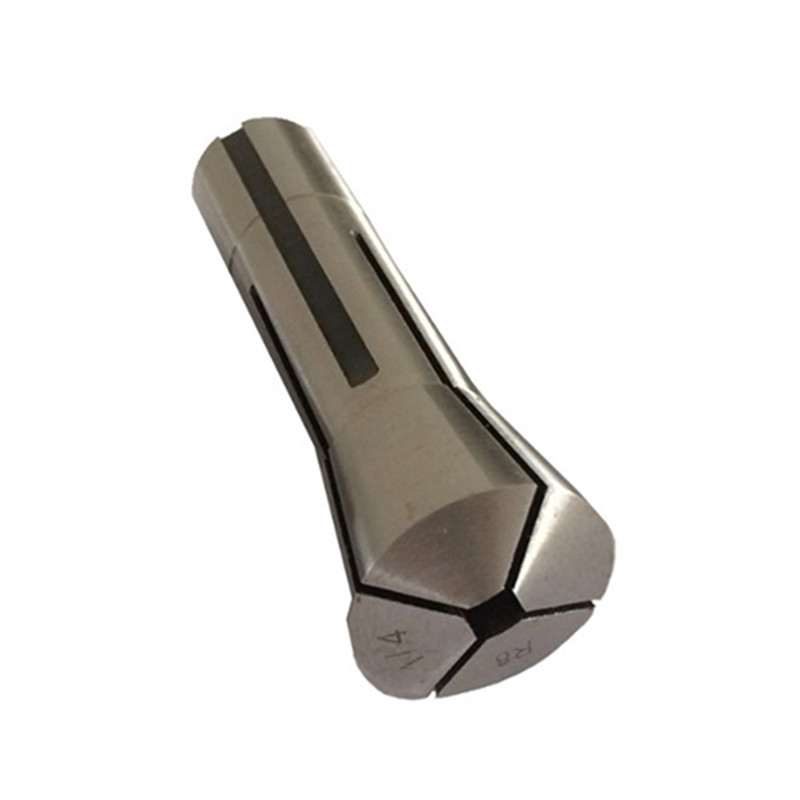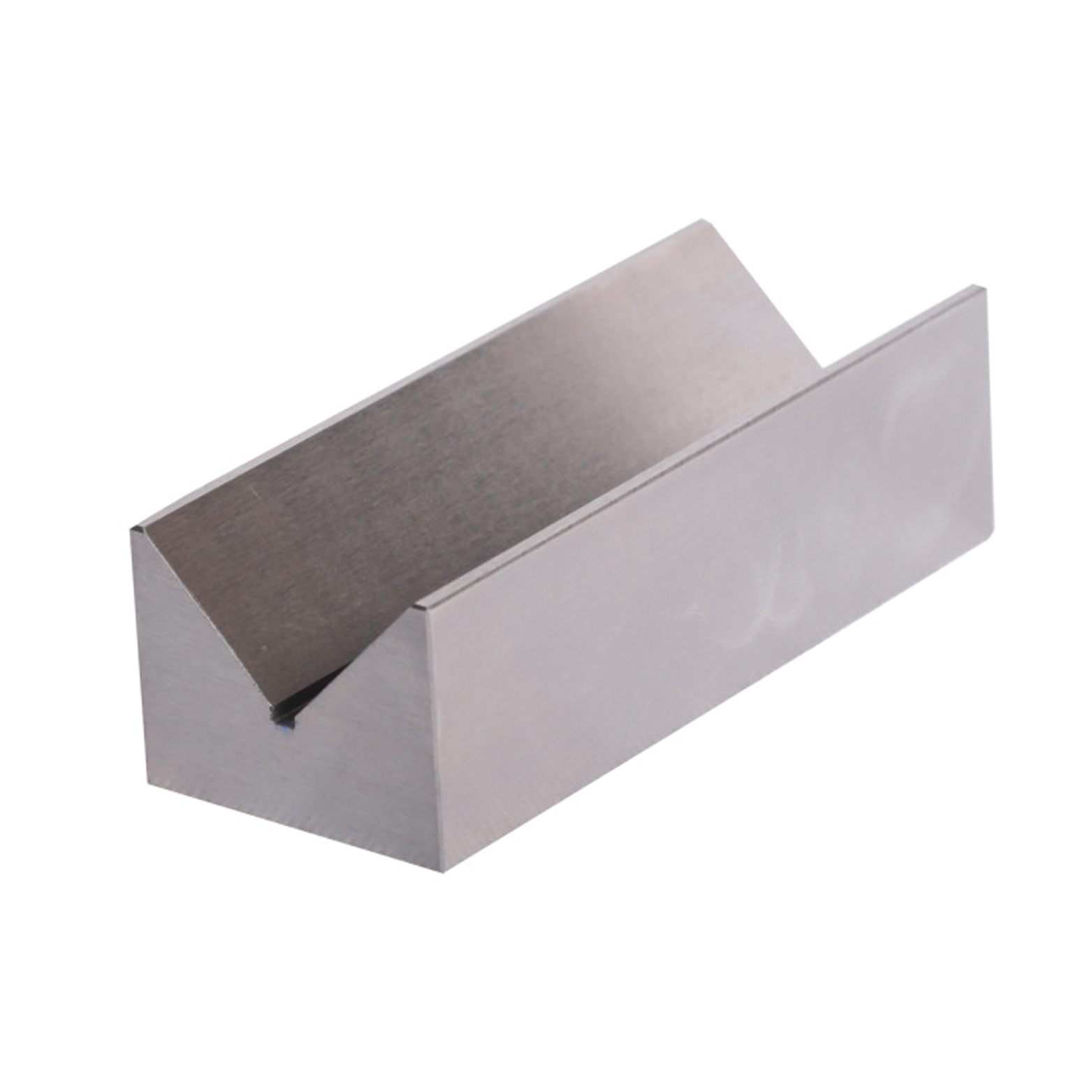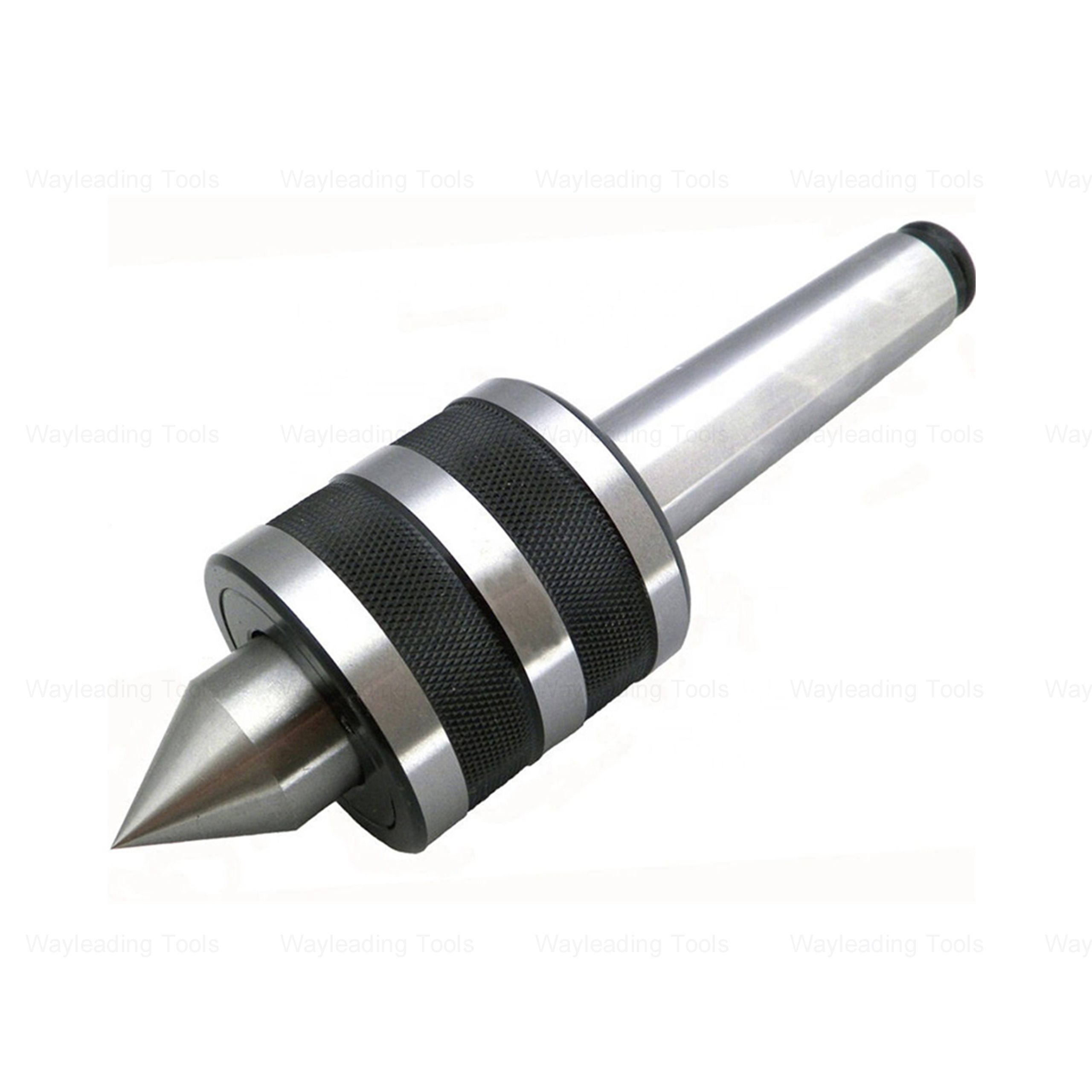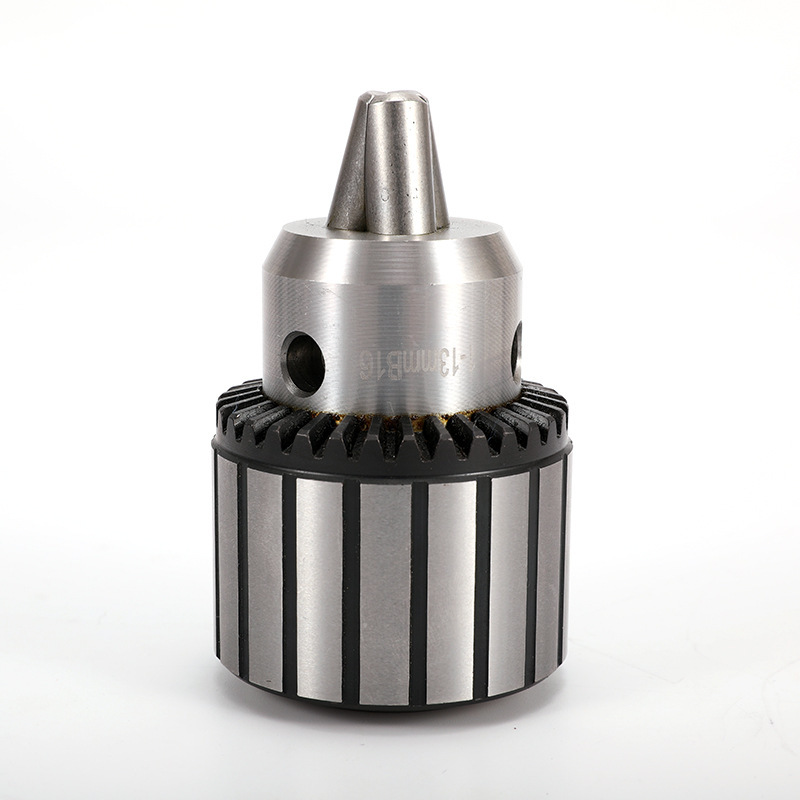Wholesale bandsaw blades
Purchasing wholesale bandsaw blades can significantly reduce costs for businesses and individuals who frequently use bandsaws. This guide explores the different types of blades available, factors to consider when choosing blades, and reliable suppliers to ensure you get the best value for your investment.
Understanding Bandsaw Blades
Bandsaw blades are essential for cutting a wide range of materials, from wood and metal to plastics and composites. Choosing the right blade is crucial for achieving clean cuts, maximizing efficiency, and extending blade life.
Types of Bandsaw Blades
Different materials and cutting applications require different blade types. Here are some common types of bandsaw blades:
- Carbon Steel Blades: These blades are typically the most affordable option and are suitable for cutting softer materials like wood and plastic. They are not recommended for cutting harder metals.
- Bi-Metal Blades: Bi-metal blades combine a high-speed steel cutting edge with a flexible alloy steel back. This construction provides excellent durability and heat resistance, making them suitable for cutting a variety of materials, including wood, metal, and plastic. They are a great general-purpose option.
- Carbide-Tipped Blades: Carbide-tipped blades feature teeth made from tungsten carbide, a very hard and wear-resistant material. These blades are ideal for cutting abrasive materials like hardwoods, composites, and non-ferrous metals. They offer exceptional blade life and cutting performance.
- Diamond Blades: These blades are coated with industrial diamonds and are specifically designed for cutting extremely hard and abrasive materials like tile, stone, and glass.
Key Terminology
Understanding the following terms will help you make informed decisions when purchasing wholesale bandsaw blades:
- TPI (Teeth Per Inch): The number of teeth per inch of blade. Higher TPI blades are better for finer cuts, while lower TPI blades are better for faster cuts on thicker materials.
- Blade Width: The width of the blade. Wider blades are more rigid and suitable for straight cuts, while narrower blades are better for curved cuts.
- Blade Thickness: The thickness of the blade. Thicker blades are more durable and resistant to bending, but may require more power to operate.
- Tooth Set: The arrangement of the teeth. Common tooth sets include raker set, wave set, and straight set. The tooth set affects the cutting speed, chip clearance, and surface finish.
Factors to Consider When Choosing Wholesale Bandsaw Blades
Selecting the right wholesale bandsaw blades depends on several factors, including the material you will be cutting, the type of cuts you will be making, and your budget.
Material to be Cut
The material you will be cutting is the most important factor to consider. Different materials require different blade types, TPI, and tooth sets. For example, cutting hardwood requires a carbide-tipped blade with a low TPI, while cutting thin metal requires a bi-metal blade with a high TPI.
Type of Cut
The type of cut you will be making also influences your blade selection. Straight cuts require wider, more rigid blades, while curved cuts require narrower, more flexible blades. For intricate cuts, a high TPI blade is recommended.
Bandsaw Machine Specifications
Ensure the wholesale bandsaw blades you purchase are compatible with your bandsaw machine. Consider the blade length, width, and thickness requirements specified by the manufacturer.
Budget
Wholesale bandsaw blades are available at a wide range of prices. Consider your budget and choose blades that offer the best value for your needs. While cheaper blades may be tempting, they may not last as long or provide the same cutting performance as more expensive blades. When buying in bulk, consider contacting suppliers directly for potential volume discounts. At Wayleading Tools, we are committed to providing high-quality products.
Where to Buy Wholesale Bandsaw Blades
Finding a reliable supplier is crucial when purchasing wholesale bandsaw blades. Here are some options to consider:
Online Retailers
Online retailers like Amazon, eBay, and Alibaba offer a wide selection of wholesale bandsaw blades from various manufacturers. Compare prices and read reviews before making a purchase.
Industrial Supply Companies
Industrial supply companies like McMaster-Carr and Grainger specialize in providing tools and equipment to businesses. They typically offer a wide range of wholesale bandsaw blades and can provide technical support.
Direct Manufacturers
Purchasing directly from manufacturers like Starrett or Lenox can often result in lower prices and better customer service. However, some manufacturers may require minimum order quantities.
Tips for Extending Bandsaw Blade Life
Proper care and maintenance can significantly extend the life of your wholesale bandsaw blades.
- Use the Correct Blade Speed: Using the correct blade speed for the material you are cutting can prevent overheating and premature wear. Refer to your bandsaw's manual for recommended speeds.
- Apply Cutting Fluid: Applying cutting fluid can help to cool the blade and reduce friction, especially when cutting metal.
- Maintain Proper Blade Tension: Proper blade tension is essential for accurate cuts and long blade life. Refer to your bandsaw's manual for recommended tension settings.
- Inspect Blades Regularly: Inspect your blades regularly for signs of wear or damage. Replace blades as needed to prevent accidents and ensure optimal cutting performance.
- Clean Your Bandsaw Regularly: Keeping your bandsaw clean and free of debris can help to prevent damage to the blades and ensure smooth operation.
Comparing Bandsaw Blade Options
Here's a comparison table to help you understand the differences between common bandsaw blade types.
| Blade Type | Material | Typical Applications | Pros | Cons |
|---|---|---|---|---|
| Carbon Steel | Softer Woods, Plastics | General woodworking, DIY projects | Affordable, easy to sharpen | Not suitable for hard materials, shorter lifespan |
| Bi-Metal | Wood, Metal, Plastics | General purpose cutting, metal fabrication, woodworking | Durable, versatile, good heat resistance | More expensive than carbon steel |
| Carbide-Tipped | Hardwoods, Composites, Non-Ferrous Metals | Abrasive materials, high-volume cutting | Long lifespan, excellent cutting performance | Most expensive, requires specialized sharpening |
Conclusion
Purchasing wholesale bandsaw blades is a cost-effective way to ensure you always have the right blades on hand for your cutting needs. By considering the factors outlined in this guide and choosing a reliable supplier, like Wayleading Tools, you can optimize your cutting performance and minimize your costs. Explore our wide selection of blades and find the perfect match for your bandsaw today!
Related products
Related products
Best selling products
Best selling products-
 HSS Metric Square Tool Bit With Industrial Type
HSS Metric Square Tool Bit With Industrial Type -
 5C Hex Collet With Inch and Metric Size
5C Hex Collet With Inch and Metric Size -
 Inch Solid Carbide Twist Drill With Internal Coolant & External Coolant
Inch Solid Carbide Twist Drill With Internal Coolant & External Coolant -
 R8 Square Collet With Inch and Metric Size
R8 Square Collet With Inch and Metric Size -
 Precision Digital Bore Guage From 6-450mm Range
Precision Digital Bore Guage From 6-450mm Range -
 DIN338 HSS Twist Drill Bit Fully Ground Or TiN Coated
DIN338 HSS Twist Drill Bit Fully Ground Or TiN Coated -
 Precision Vernier Caliper With Nib Style & Standard Style Jaws Of Metric & Imperial For Industrial
Precision Vernier Caliper With Nib Style & Standard Style Jaws Of Metric & Imperial For Industrial -
 Auto Self Reversible Tapping Chuck In Drill Machine
Auto Self Reversible Tapping Chuck In Drill Machine -
 7pcs Carbide Turning Tool Set With Metric & Inch Size
7pcs Carbide Turning Tool Set With Metric & Inch Size -
 Precision Dial Caliper Of Double Shock-Proof For Industrial
Precision Dial Caliper Of Double Shock-Proof For Industrial -
 Precision 10pcs & 12pcs Angle Blocks Set With High Quality Type
Precision 10pcs & 12pcs Angle Blocks Set With High Quality Type -
 Precision V Block Set With Industrial Type
Precision V Block Set With Industrial Type









